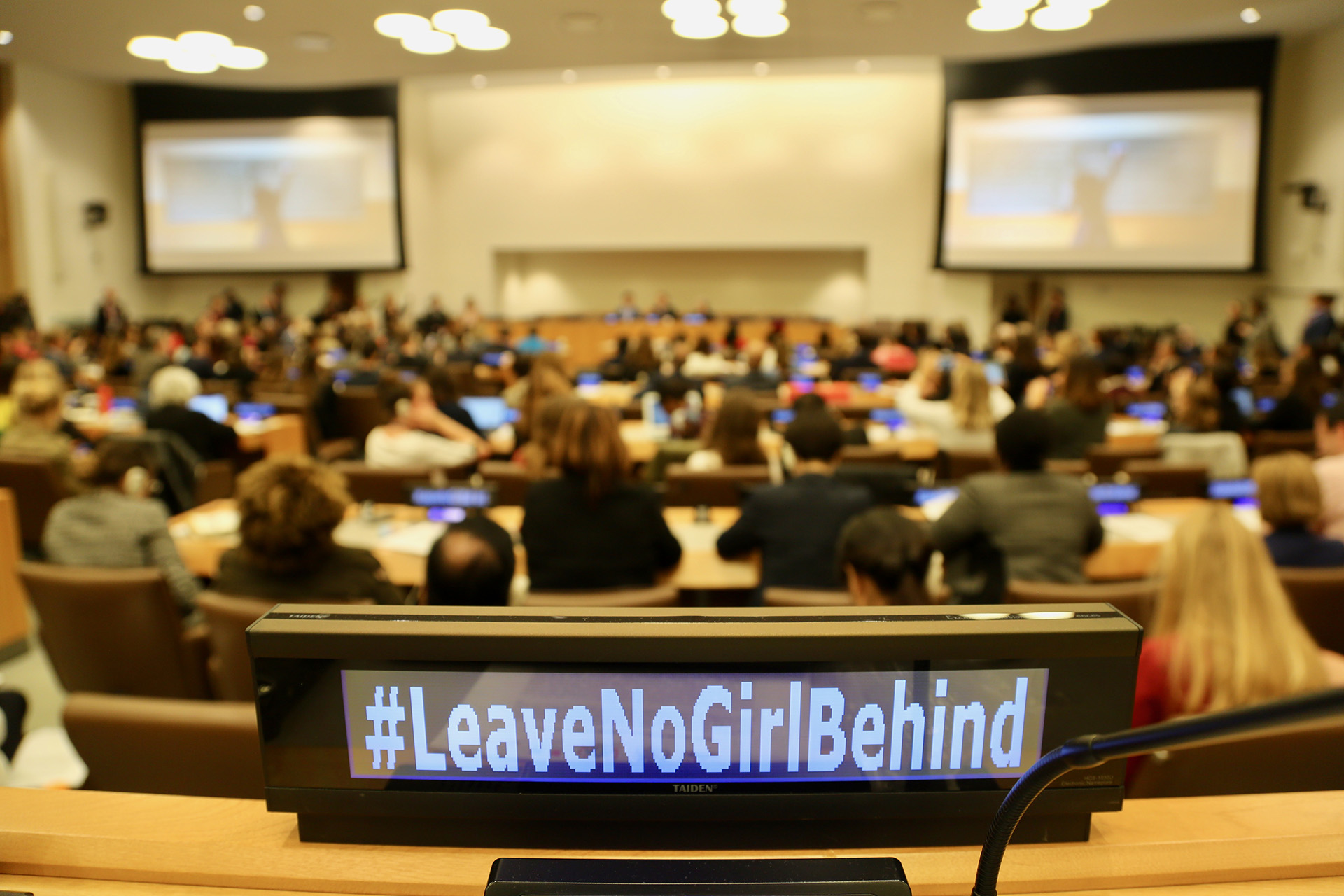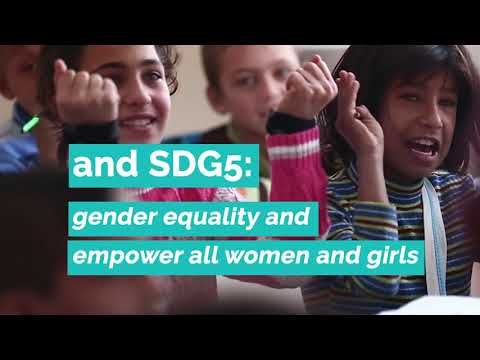12 years to break barriers and leave no girl behind
Joint statement
During the 73rd Session of the UN General Assembly (UNGA), the governments of the UK, Canada, France, Jordan, Kenya and Niger, as well as leading multilateral agencies and civil society organisations, came together to co-host an event entitled '12 Years to Break Barriers and Leave No Girl Behind.'
“For each Malala that we know, there are thousands of others that we don’t know…We must work with them… We must give them the ability to be successful,” said Prime Minister Justin Trudeau at the event, ‘12 Years to Break Barriers and Leave No Girl Behind’ during the 73rd Session of the UN General Assembly (UNGA). Sharing the stage with him were French President Emmanuel Macron and UK Prime Minister Theresa May. The high-level meeting, co-hosted by the governments of the UK, Canada, France, Jordan, Kenya and Niger, as well as leading multilateral agencies and civil society organisations, was convened to accelerate action on girls’ education by breaking the barriers that deny almost 132 million girls worldwide the 12 years of safe and quality education they need.
In his speech, Prime Minister Trudeau noted that the largest investment in history to support the education of girls in crises, US$2.9 billion, was committed by G7 partners at the summit in Quebec, Canada this year. The G7 also endorsed a declaration highlighting the importance of investing in the education of children in crisis settings, with a special focus on girls who face additional barriers due to their gender. On the mission to progress gender equality in education, Trudeau spoke of the need to approach gender as a horizontal issue. Pointing to the work of the Gender Advisory Council for Canada’s G7 Presidency, Trudeau advocated the application of a gender lens to every aspect of social, economic and political life.
President Macron spoke of the importance of addressing the social and cultural barriers that keep too many girls out of school. “I want to fight for young educated girls to be able to make their own choices. They should be empowered to… make decisions about their own bodies,” he said. "If we don't [invest in girls’ education], others will take hold of the agenda and there will be a crisis." Macron also stressed the need for quality education to advance gender equality. This year France co-hosted the Global Partnership for Education (GPE) Financing Conference in Dakar and increased its GPE contribution ten-fold.
In her remarks, Prime Minister May observed that “By denying girls an education we deny them a voice, a choice, we deny them their future.” She implored UNGA delegates to join the commitment to “ensure that every girl, in every corner of the world, can access the 12 years of education they need to unleash their potential, to embrace the opportunities before them, and to help change the world for the better.”
Since 2015, the UK has supported the education of at least 5.6 million girls in developing countries. Phase one of the Girls Education Challenge supported over a million marginalised girls. As part of the second phase of the Challenge, May announced a further nine projects supported by UK Aid that will help more than 170,000 of the world’s most marginalised girls, including up to 3,500 girls with disabilities, to go to school.

Following opening remarks, representatives of Norway, the Netherlands, and Denmark stepped forward to announce pledges to global education funds, and girls’ education in particular. In her reflections, Audrey Azoulay, Director General of UNESCO, observed that the meeting showed a commitment to an issue at the crossroads of two of the most important challenges of our time: education and gender equality.
Three curated panels exploring needs, challenges and achievements in improving access to quality education and learning outcomes for girls, cross-sectoral approaches to advancing health and education, and girls’ education in conflict-affected and crisis settings followed. Cross-cutting themes included the need for safe and inclusive learning environments, menstrual hygiene management, comprehensive sexuality education, integrated health and nutrition programmes, and quality data collection as key to making informed policy decisions. Youth advocates from across the world highlighted the barriers that millions of girls face, while urging leaders to ensure that no girl is left behind.
The meeting concluded with the presentation of a joint statement of intent to deliver concrete progress on girls’ education.


